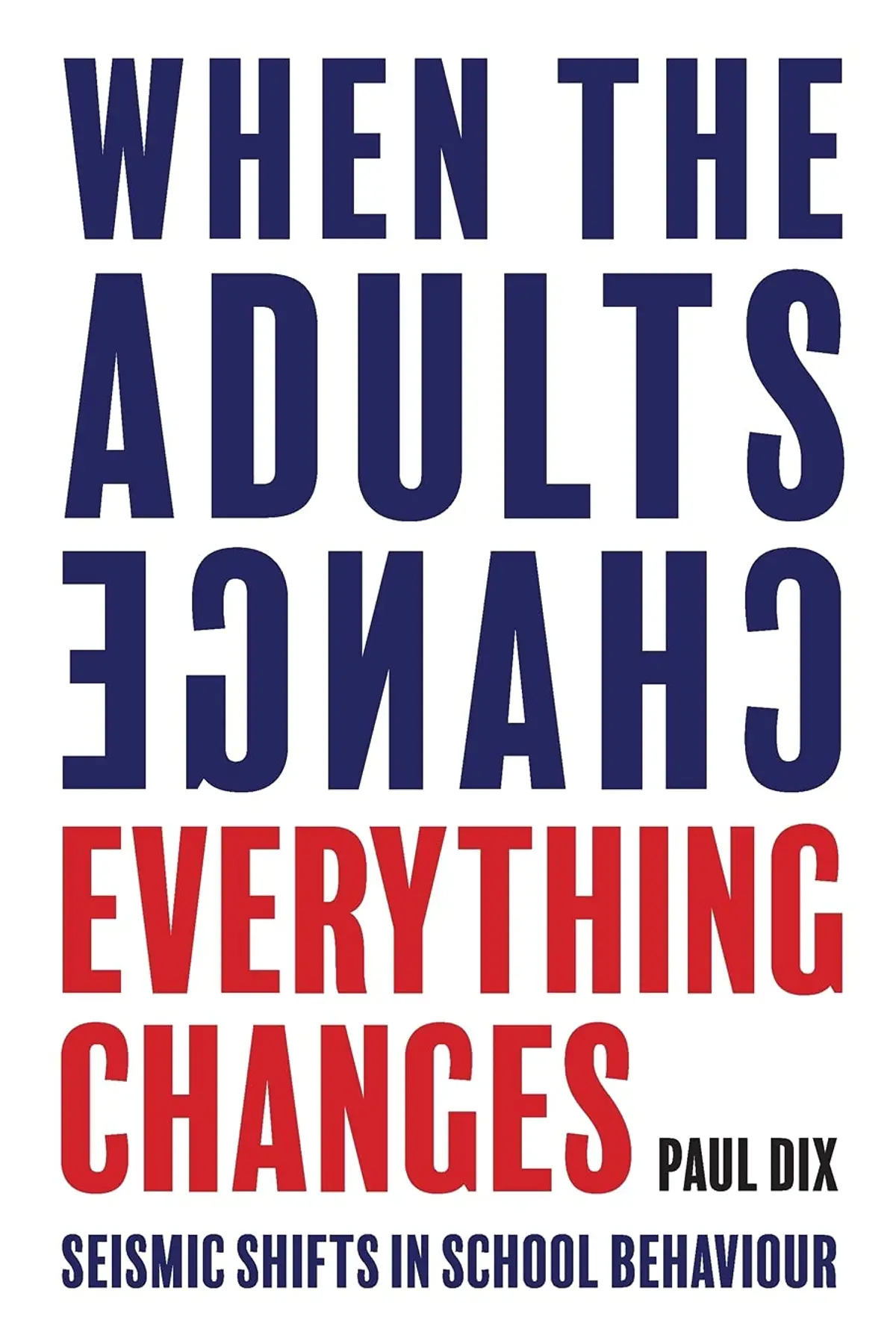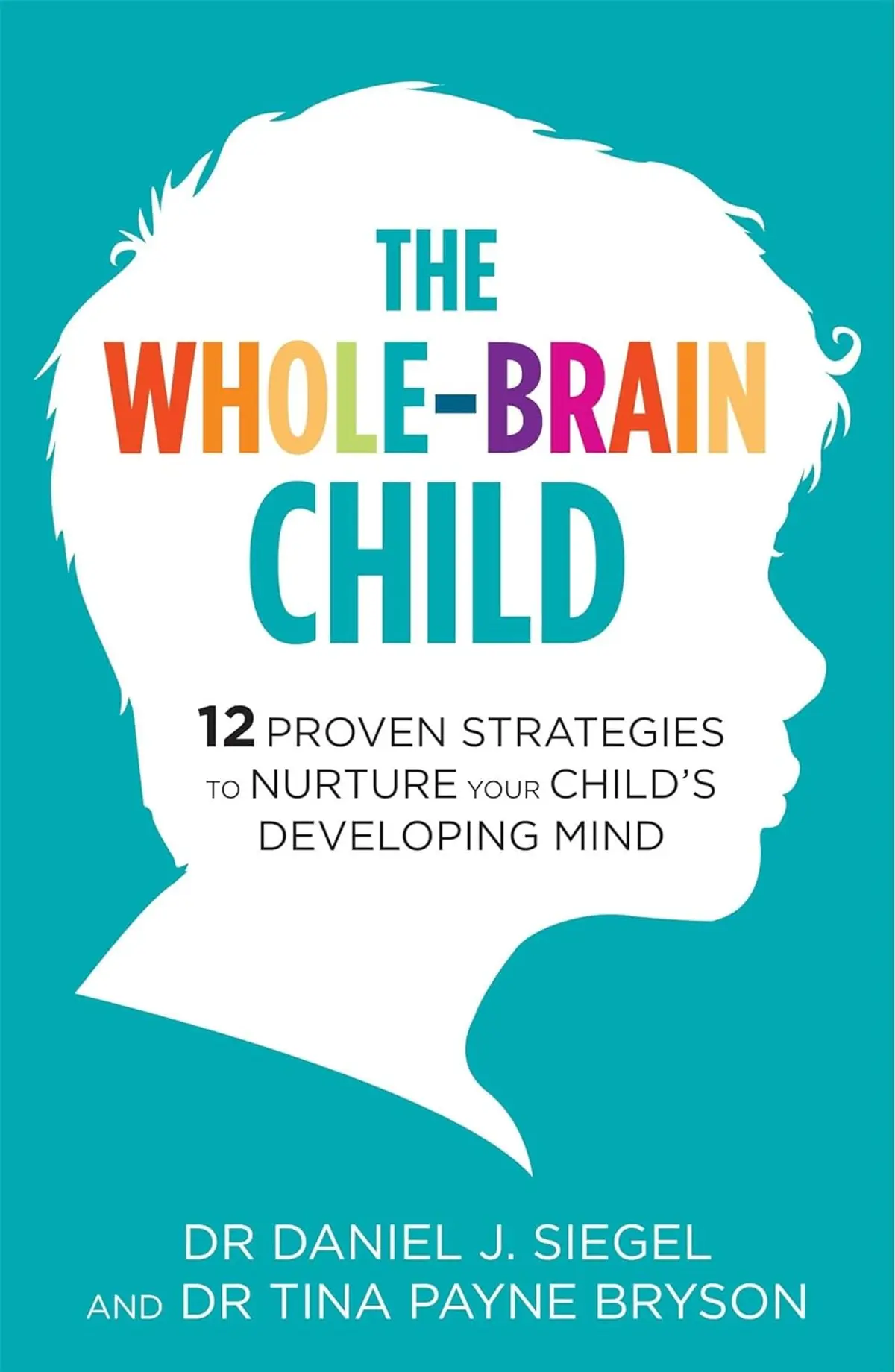Behaviour
When the Adults Change Everything Changes
We really enjoy reading this book! Although it discusses behaviour, its main point aligns with Motional's philosophy - that the environment and relationships greatly affect the outcome. Moreover, it emphasises that it falls on the adults to make the necessary changes to facilitate this positive change.
Key messages:
- Be creative and be kind – ask yourself if punishment is really the best course of action.
- It’s all about the culture you create - your behaviour influences the students’ behaviour, so be polite, friendly and helpful and the students will follow.
- Consistency is key!
- Non-verbal behaviour cues are very important – exercise authoritative body language and be expressive with your face and eyes rather than with your mouth
- Greet students at the door and in the corridors where possible – friendliness goes a long way!
- Repetition is key!


Author: Paul Dix
Published By: Independent Thinking Press
Document Published Date: 29 June 2017
ISBN: 978-1781352731
In this pioneering, practical book for parents, neuroscientist Daniel J. Siegel and parenting expert Tina Payne Bryson explain the new science of how a child's brain is wired and how it matures. Different parts of a child's brain develop at different speeds and understanding these differences can help you turn any outburst, argument, or fear into a chance to integrate your child's brain and raise calmer, happier children.
Featuring clear explanations, age-appropriate strategies and illustrations that will help you explain these concepts to your child, The Whole-Brain Child will help your children to lead balanced, meaningful, and connected lives using twelve key strategies, including:
Name It to Tame It: Corral raging right-brain behavior through left-brain storytelling, appealing to the left brain's affinity for words and reasoning to calm emotional storms and bodily tension.
Engage, Don't Enrage: Keep your child thinking and listening, instead of purely reacting.
Move It or Lose It: Use physical activities to shift your child's emotional state.
Let the Clouds of Emotion Roll By: Guide your children when they are stuck on a negative emotion, and help them understand that feelings come and go.
SIFT: Help children pay attention to the Sensations, Images, Feelings, and Thoughts within them so that they can make better decisions and be more flexible.
Connect Through Conflict: Use discord to encourage empathy and greater social success.


Author: Dr. Tina Payne Bryson, Dr. Daniel Siegel
Published By: Robinson
Document Published Date: 16 August 2016
ISBN: 978-1780338378